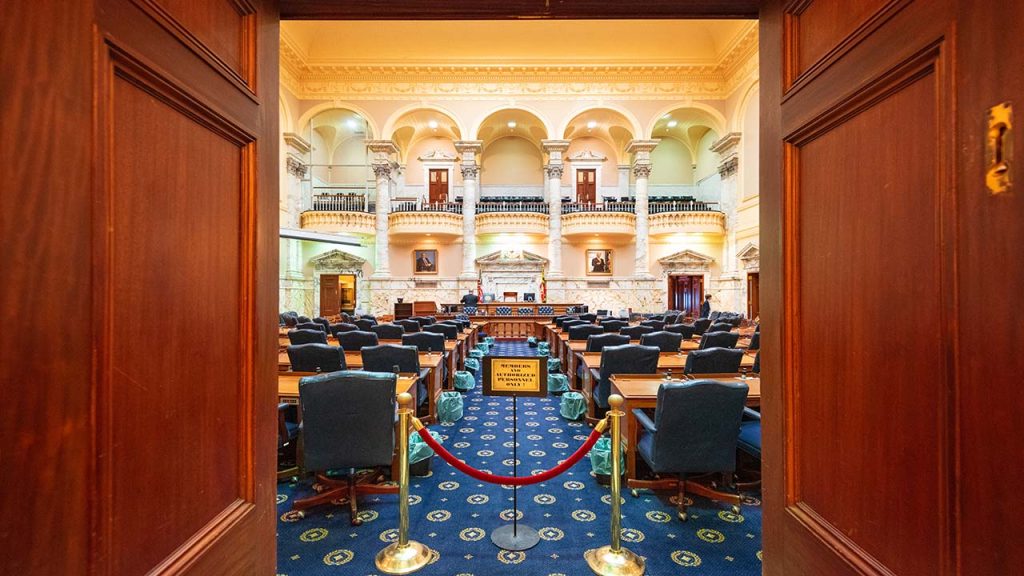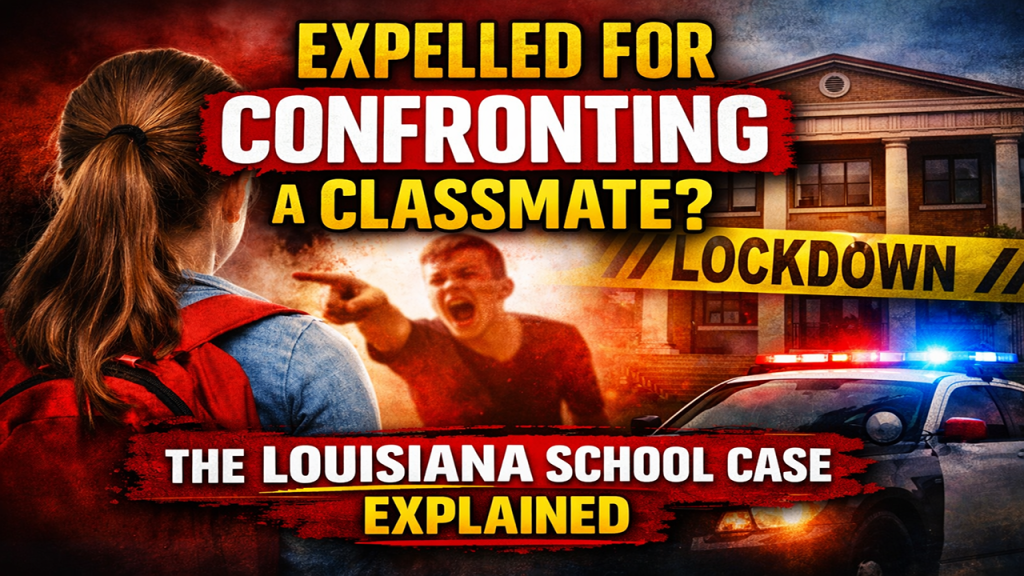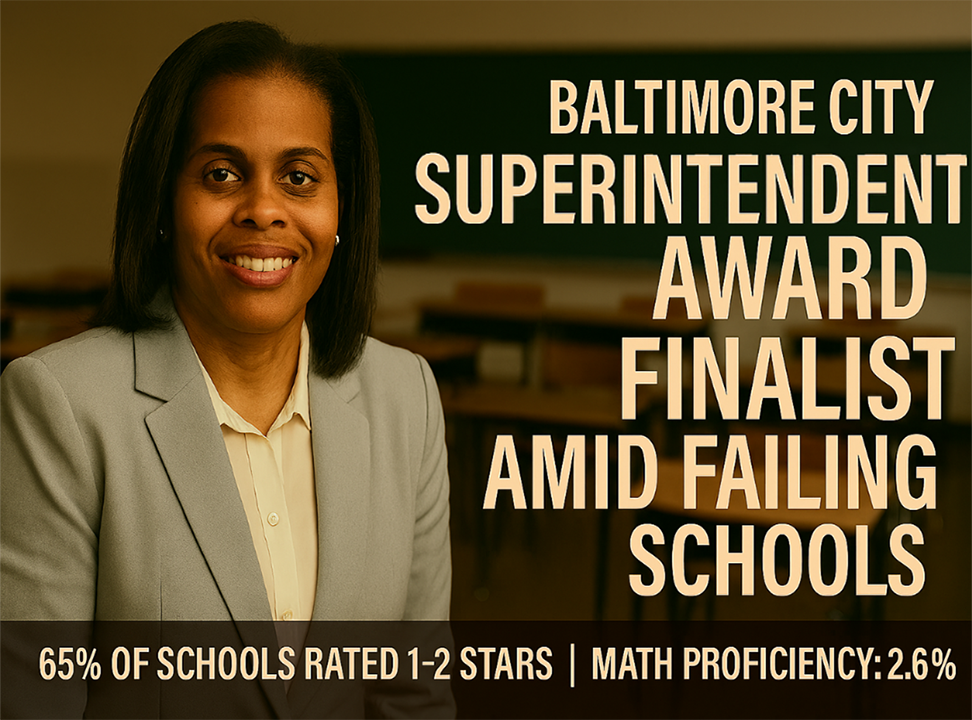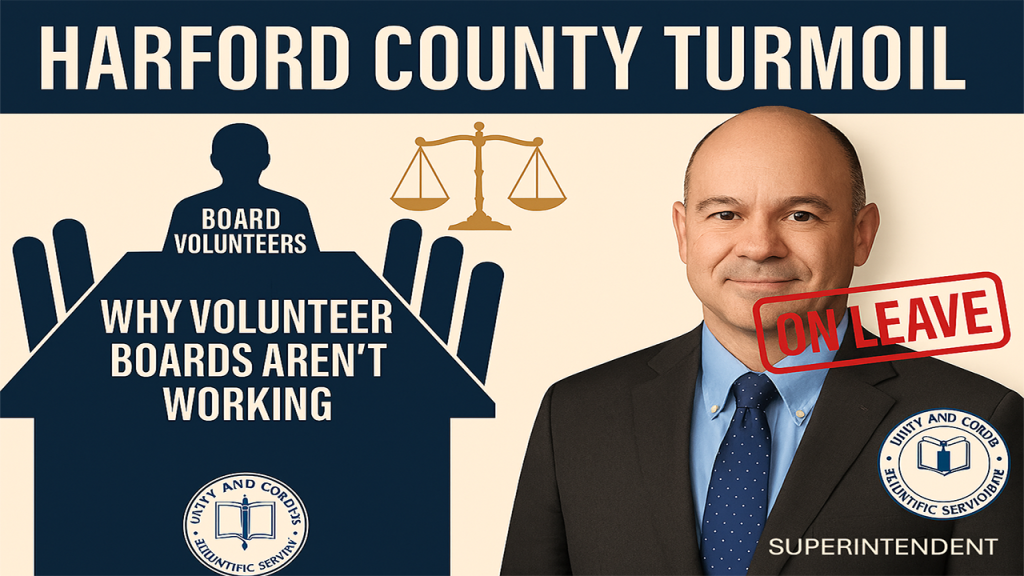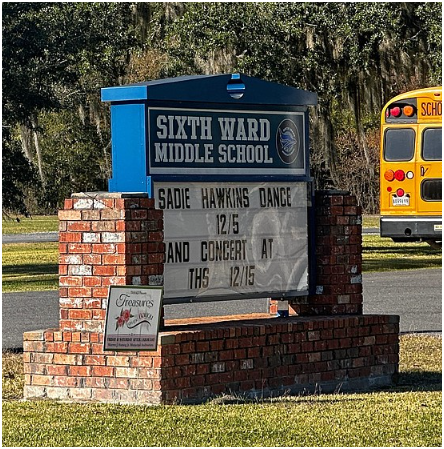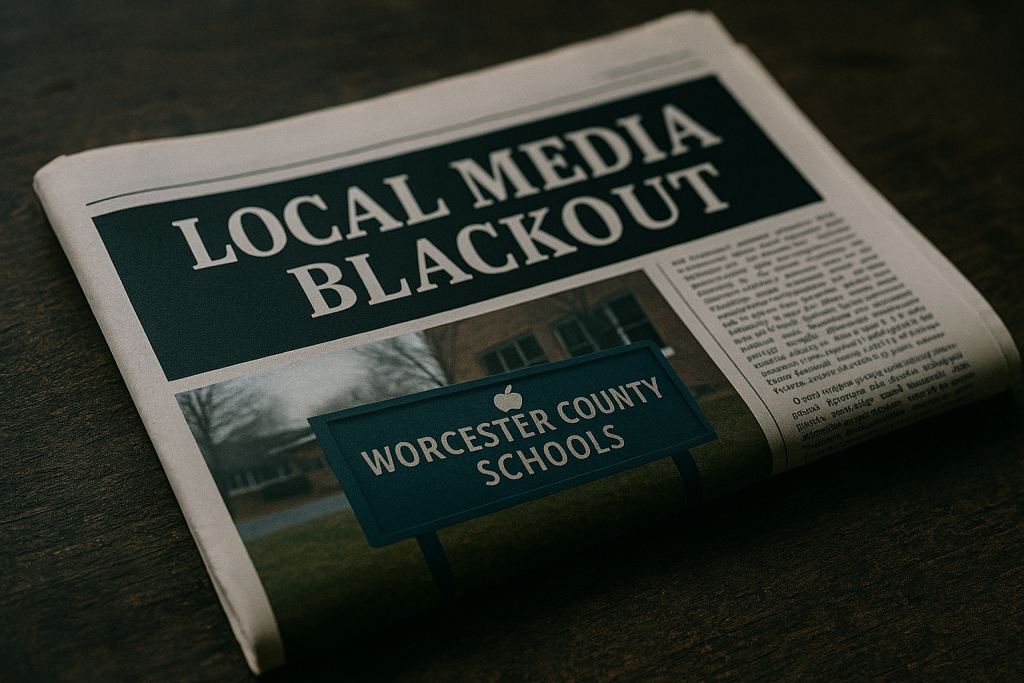
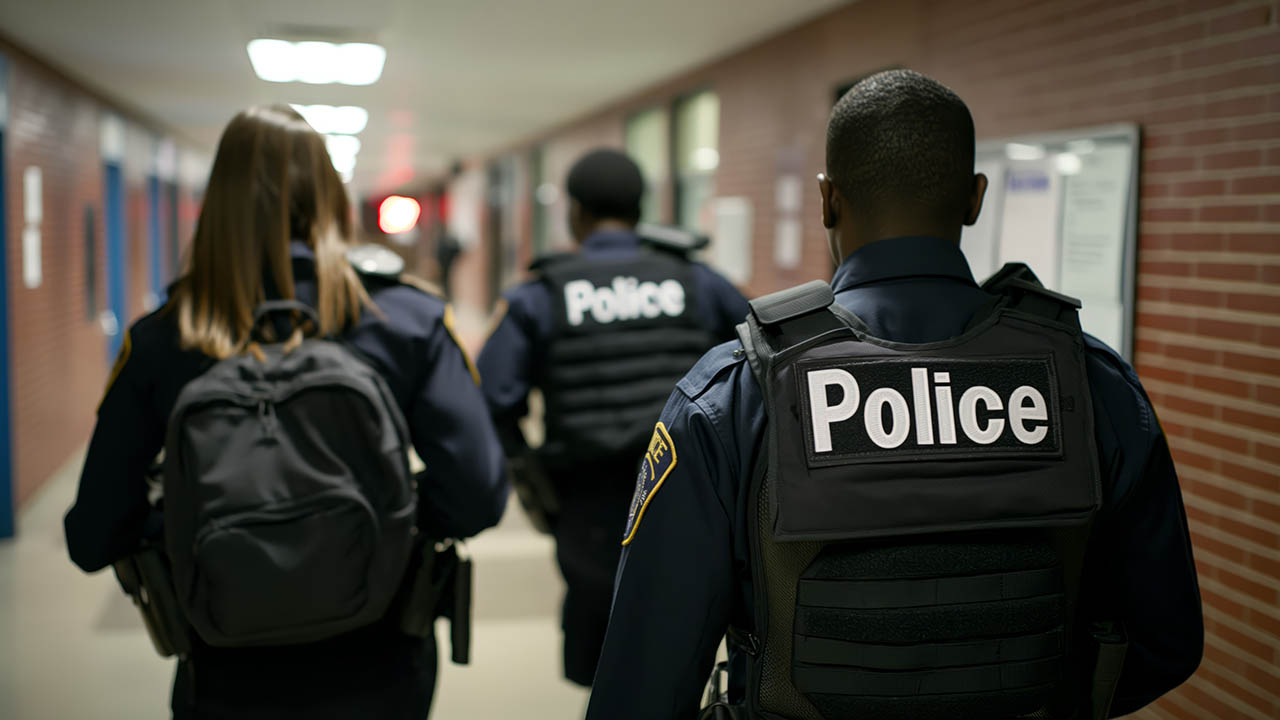
Georgia School Shooting: Missed Opportunities and the Importance of School-SRO Collaboration
The tragic school shooting in Georgia has once again brought to light serious concerns about the interplay between school administrators, law enforcement, and safety protocols. While the details of the case are still emerging, there are critical elements in the way the situation unfolded that raise questions about missed opportunities and preventable outcomes. These insights serve as a reminder that safety is not just about reacting to incidents but about the processes and relationships that should be firmly in place long before a crisis arises.
The Preceding Warning: A Desperate Phone Call
One of the most striking details about this case is that the school received a phone call from a relative of the shooter before the incident occurred. The relative, aware of the impending danger, warned the school in an attempt to prevent the tragedy. This kind of advanced notice is rare and represents a critical opportunity for intervention.
However, despite this warning, the administrative response raises significant questions. After the call, an administrator reportedly went to locate the student, but it appears that this effort was plagued by confusion. There was a mix-up involving another student with a similar or identical name, and valuable time was lost trying to identify the correct individual. This delay may have been a critical factor in allowing the situation to escalate into violence.
The Role of the SRO: A Missed Presence
Perhaps the most glaring issue in this case is the absence of the School Resource Officer (SRO) during the critical moments leading up to the shooting. The question arises: Why didn’t the SRO accompany the administrator when they went to locate the student? While the administrator’s role in handling school matters is clear, the presence of the SRO could have added a layer of security and potentially altered the course of events.
SROs are trained to handle volatile situations, and their involvement might have introduced more decisive action. The administrator, focused on school policies and perhaps lacking the immediate sense of threat that law enforcement might bring, was likely at a disadvantage. The SRO, on the other hand, is trained to approach potentially dangerous situations with caution and authority. Had the SRO been there, they could have taken immediate steps to prevent further escalation, such as securing the student or calling for additional backup.
In many cases, administrators and SROs function in separate spheres, with the administrator handling academic and disciplinary matters and the SRO dealing with security. However, this case underscores the need for a more integrated approach, especially in situations where there is a clear threat to student safety. A phone call warning about a potentially violent student should have triggered immediate collaboration between the administrator and the SRO. The absence of such a partnership is a missed opportunity that could have made a difference.
The Importance of Knowing Your Students
Another point of concern is the apparent confusion over the identity of the student in question. In a moment of crisis, the school struggled to determine which student was the subject of concern. While schools deal with hundreds or even thousands of students, those who have been flagged for behavioral concerns or potential threats should be readily identifiable to administrators, counselors, and security personnel.
This lack of clarity about the student’s identity suggests a breakdown in communication and preparedness. School officials need to be intimately familiar with students who are considered high-risk. If a student has already been flagged for concerning behavior, the school should have clear protocols in place, including the identification and tracking of such students. In this case, it appears that the school’s internal communication systems failed to ensure that the right student was located quickly and efficiently.
Parallels to Oxford: A Broader Systemic Issue?
The situation in Georgia draws uncomfortable parallels to the Oxford High School shooting, where similar questions arose about the role of school officials and SROs in preventing the tragedy. In Oxford, the would-be shooter was questioned by school officials and his parents were even called in, but the student was allowed to remain on campus without a thorough search or law enforcement intervention. As in Georgia, the SRO’s role was ambiguous, and it’s unclear why more stringent measures were not taken after red flags were raised.
These cases highlight a systemic issue in how schools respond to threats. Often, the failure isn’t in recognizing the potential danger, but in executing a coordinated and timely response. Administrators may feel that certain situations fall solely within their purview, while law enforcement might not be adequately looped into the process. This disconnect can have tragic consequences.
The Need for Clear Protocols and Stronger Relationships
Ultimately, the Georgia school shooting highlights the importance of having clear, established protocols that govern the relationship between school administrators and law enforcement. When a threat is identified, there should be no ambiguity about who is responsible for what actions. In this case, the administrator should not have been handling the situation alone. A call like the one received from the relative should immediately trigger the involvement of the SRO, and both parties should have a clear understanding of their roles in addressing the potential threat.
This tragedy also underscores the need for stronger relationships between school administrators and SROs. The two entities must work as a unified team, not as separate silos. This means regular joint training, clear communication protocols, and a shared understanding of how to respond to emergencies. It’s not enough to have an SRO on campus; schools must ensure that SROs are fully integrated into the daily operations of school safety and crisis response.
Dig Deeper With Our Longreads
Newsletter Sign up to get our best longform features, investigations, and thought-provoking essays, in your inbox every Sunday.
The MEN was founded by John Huber in the fall of 2020. It was founded to provide a platform for expert opinion and commentary on current issues that directly or indirectly affect education. All opinions are valued and accepted providing they are expressed in a professional manner. The Maryland Education Network consists of Blogs, Videos, and other interaction among the K-12 community.




